
7 day online interactive course with vertical, thematic focus on tools and methods of behavioral design for cultural change to tackle societal challenges
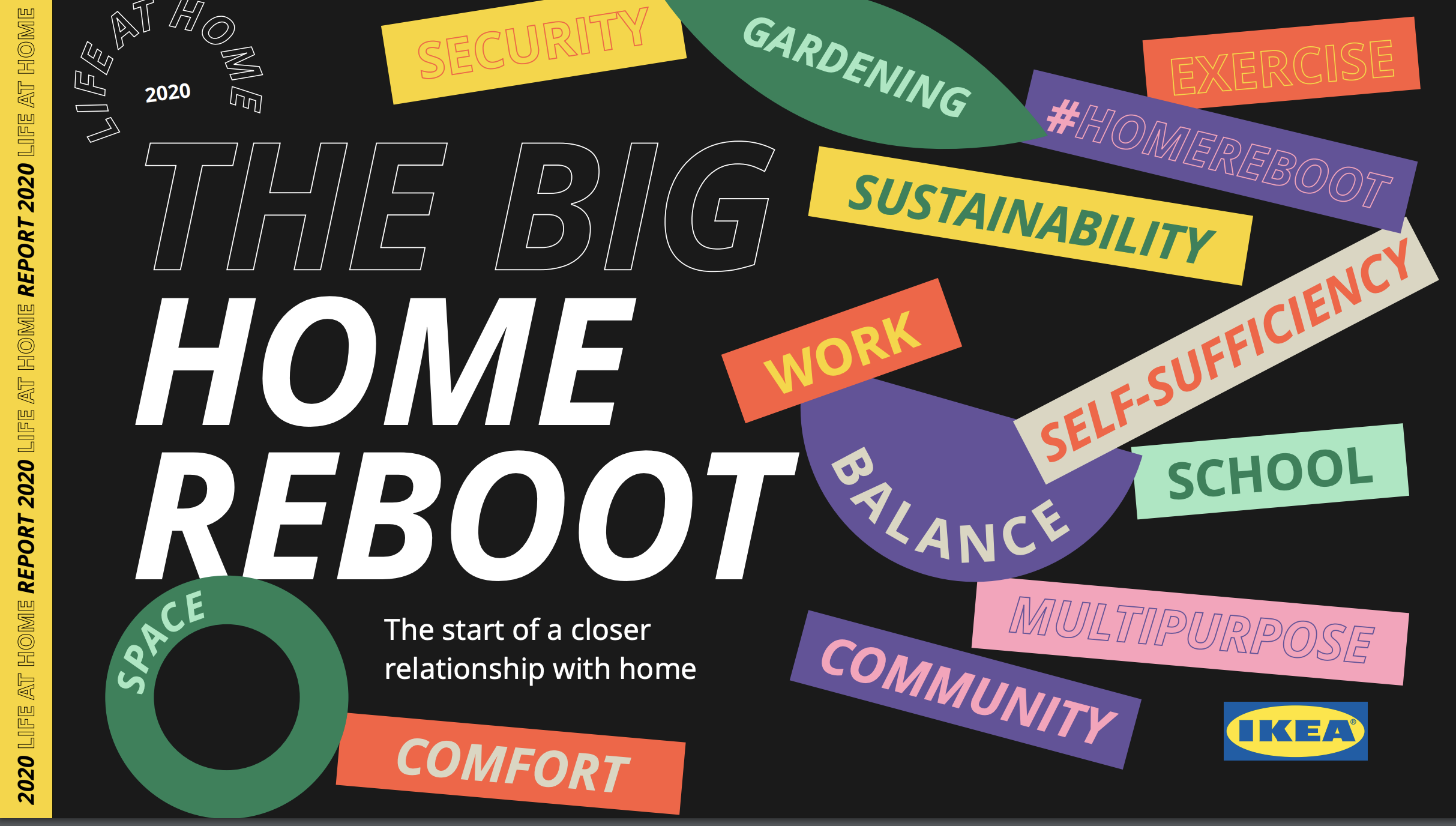
IKEA just launched its seventh Life at Home Report, exploring how people have grown closer to their homes in this extraordinary year

In this article, Lylo Trotta explain the value that both contextual inquiry and ethnographic research provide and discuss why these practices are a crucial, even indispensable part of UX research and design.

The Gogle Wellbeing Lab joined up with the company's Pixel team to run an ethnographic study across four countries, examining the relationship people in the United States, Germany, India, and South Korea had with their selfies.
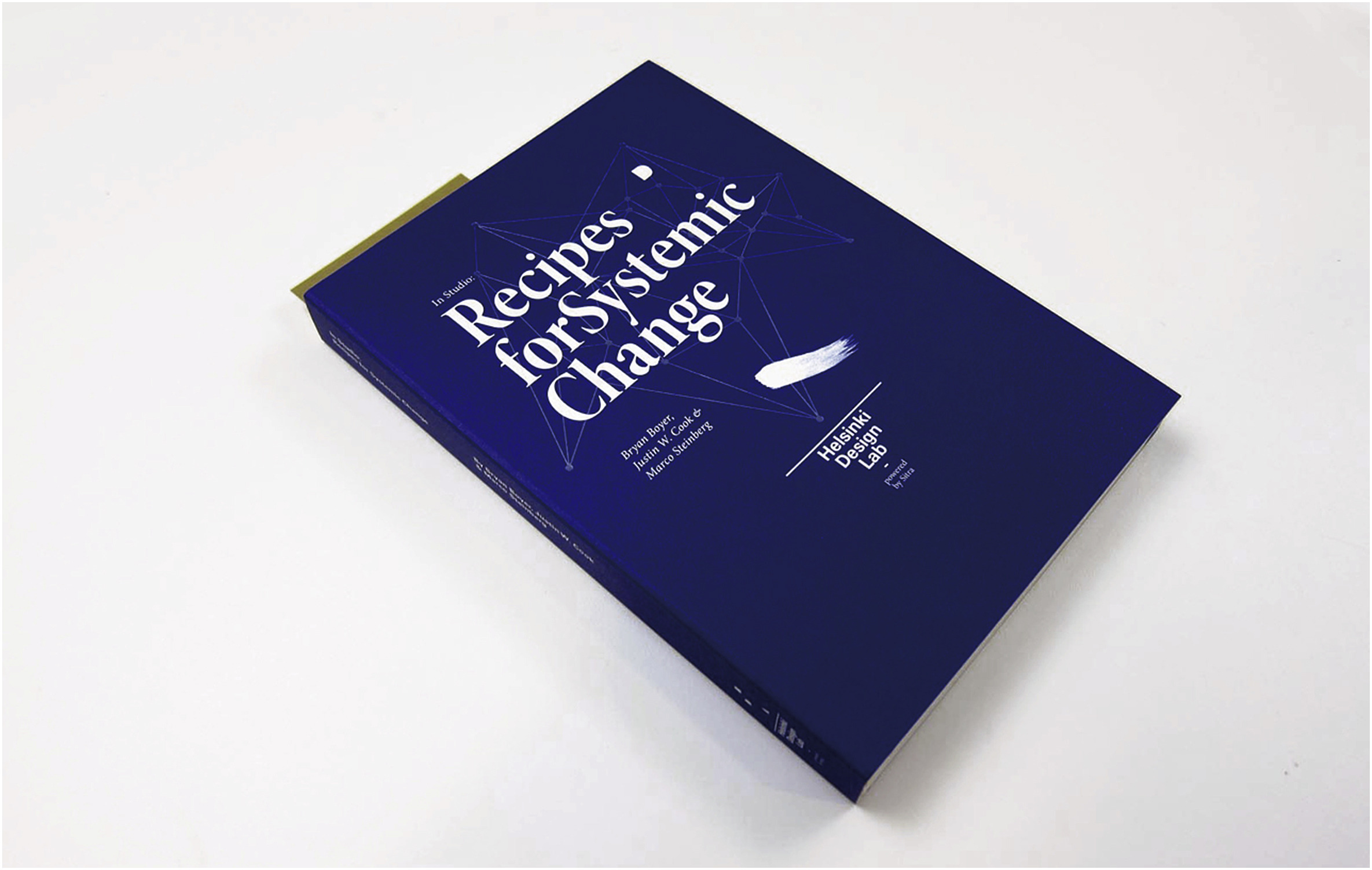
A survey of Helsinki Design Lab's activities 2008-2013, with reflections on the three "bets" that the Lab made and their relevance today.
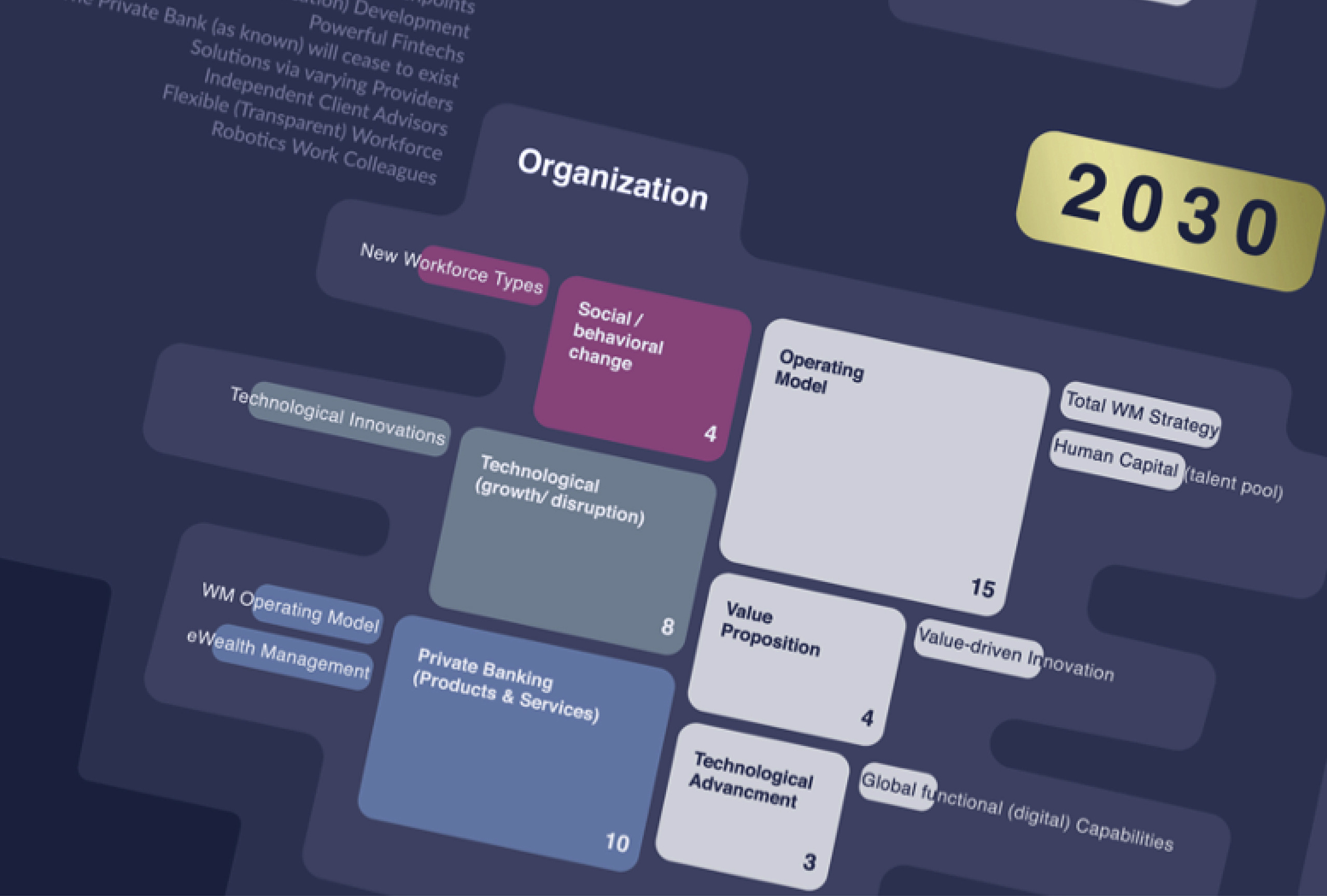
Integrating design with foresight enables decision makers to contend with changes coming from the world (inbound change) and changes the organization creates to influence the world (outbound change; strategy).
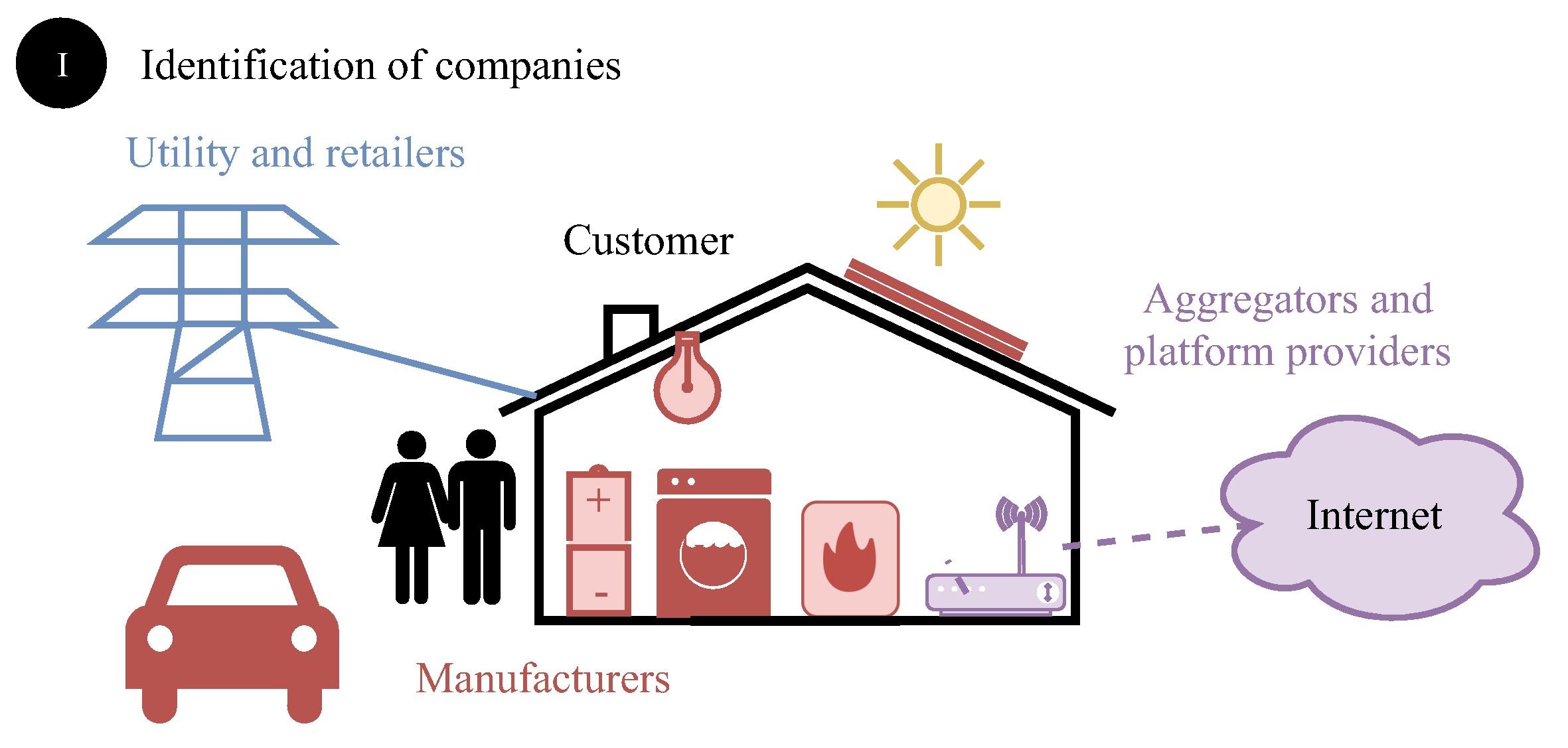
Designing energy services with a human-centered approach will allow us to rely on consumers not only as executors of changes in energy consumption, but also as providers of data.
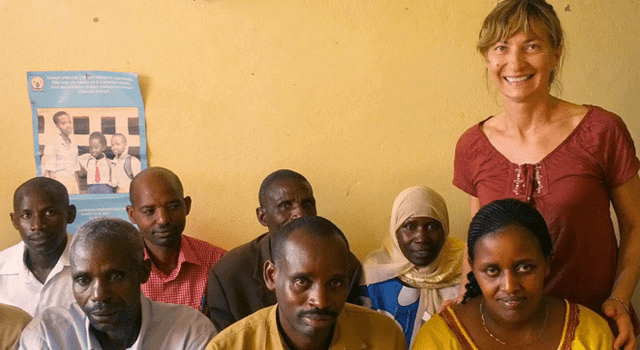
The main lesson is that even a nearly imperceptible deviation from the full inclusion of all relevant parties in every aspect of the project can result in large deviations from the expected outcomes
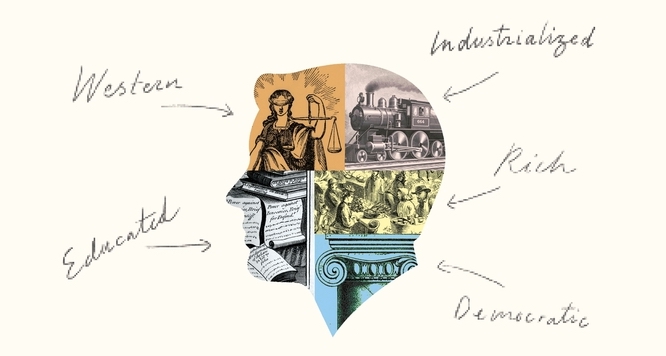
Provocative and engaging in both its broad scope and its surprising details, The WEIRDest People in the World explores how culture, institutions, and psychology shape one another, and explains what this means for both our most personal sense of who we are as individuals and also the large-scale social, political, and economic forces that drive human history.

Drawing on the ideas of the "slow movement", Slow Computing sets out numerous practical and political means to take back control and counter the more pernicious effects of living digital lives.
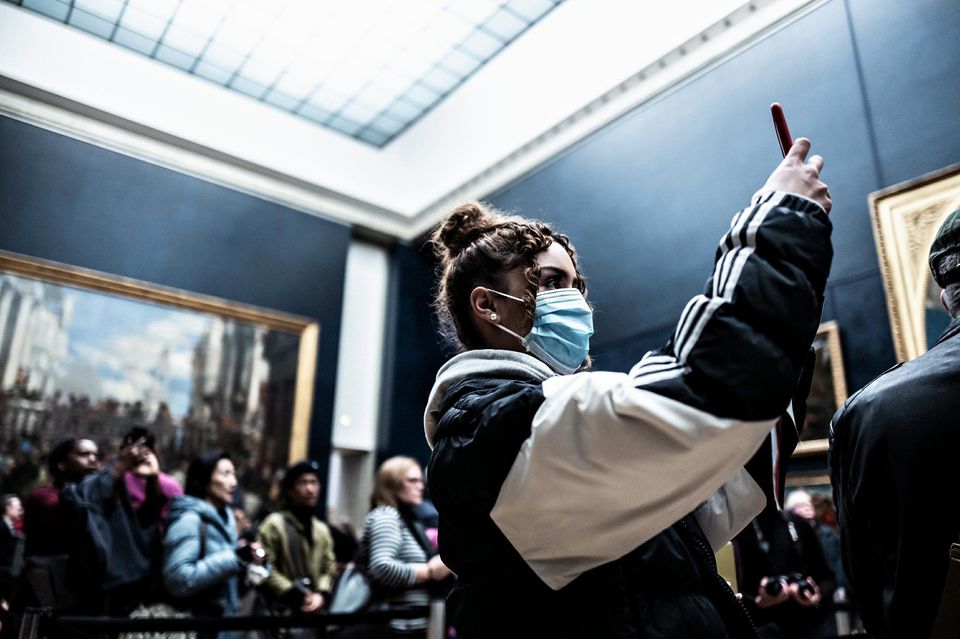
Sur la base d'une enquête de terrain menée Genève, Los Angeles et Tokyo, cet ouvrage aborde la dimension proprement anthropologique du smartphone.
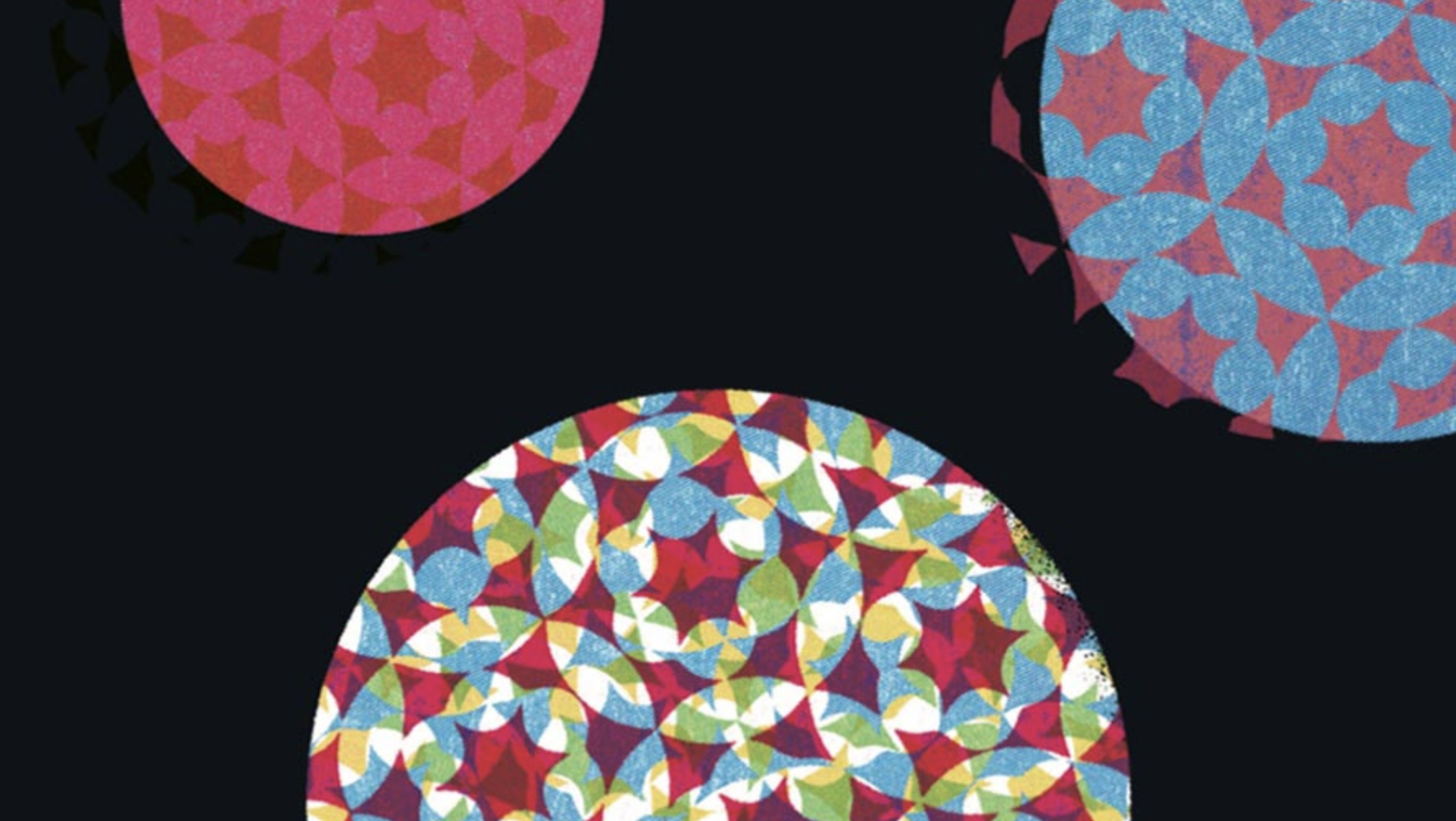
Behavior change design creates entrancing - and effective - products and experiences. Whether you've studied psychology or are new to the field, you can incorporate behavior change principles into your designs to help people achieve meaningful goals, learn and grow, and connect with one another.
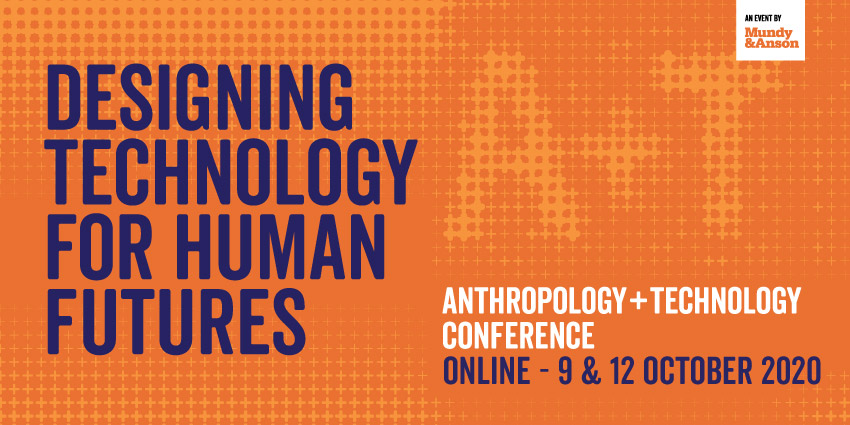
The Anthropology + Technology conference brings together pioneering technologists and social scientists from across the globe. Its aim is to facilitate dialogue on emerging technology projects in order to help businesses benefit from more socially-responsible AI.

The social sciences don't produce much in the way of patentable widgets or, indeed, life-saving vaccines. However, the analysis and insights they generate can and do underpin better-evidenced decisions and help guide and target insights from the "natural" sciences.
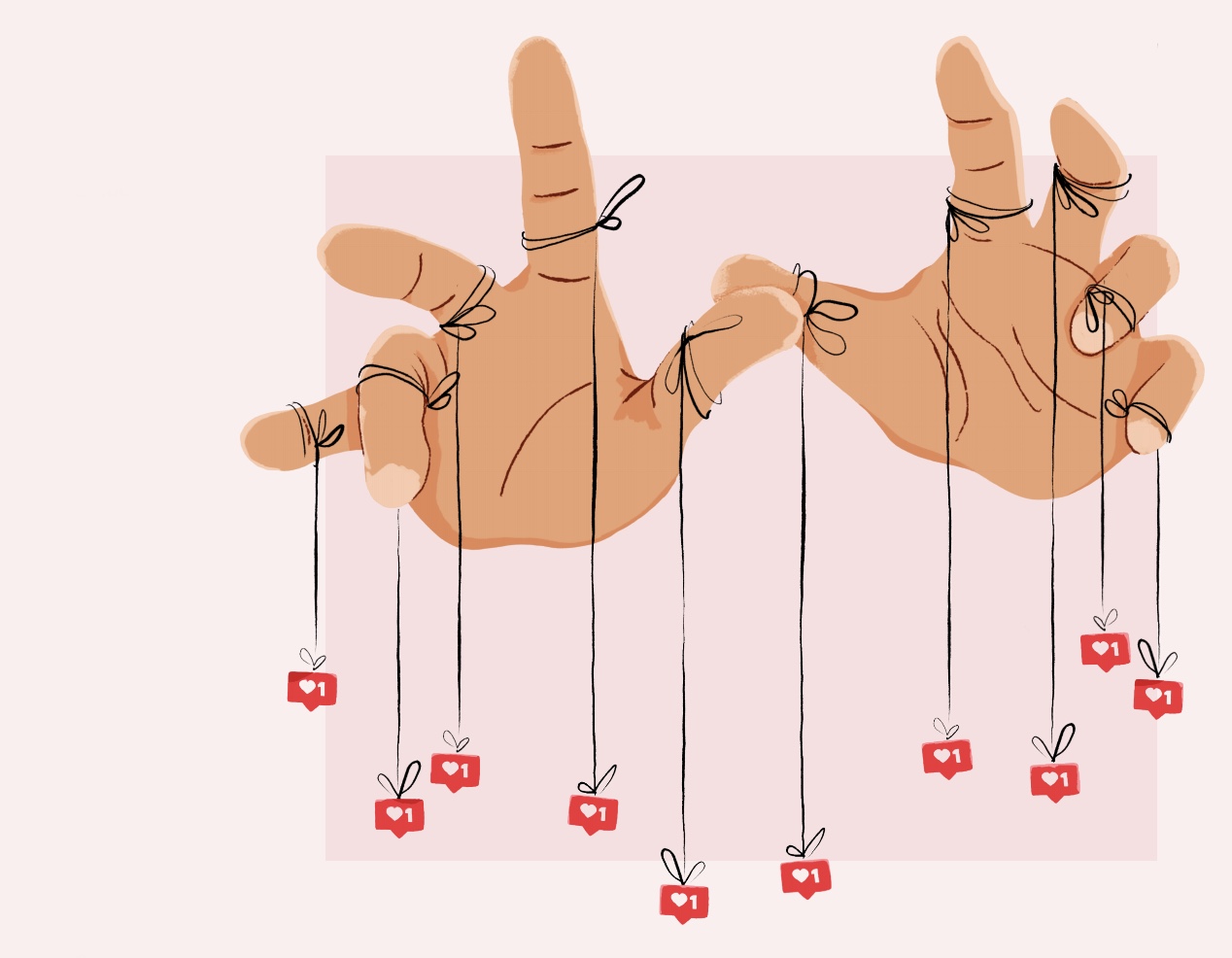
Research has gradually revealed the extent to which online manipulation has been weaponised to affect societies in almost every important way that society works.
Yet while almost everyone is touched in one way or another by online manipulation, only a tiny part of society has generally been involved in confronting it.
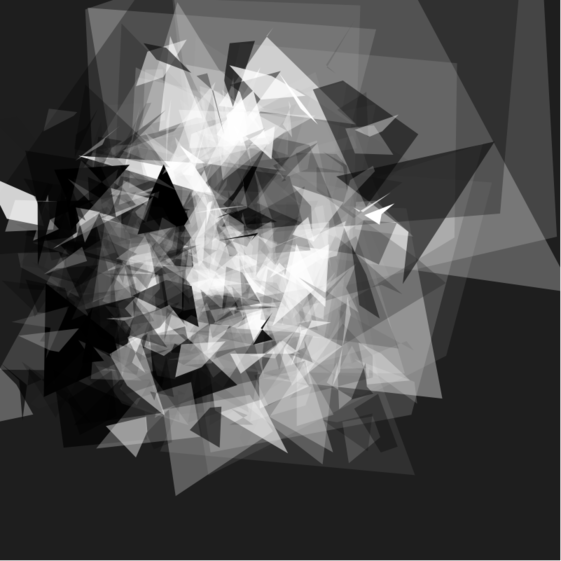
New worlds need new language. TOne of those things to name is what is happening to ourselves and our data proxies. Expanding our language from privacy to personhood enables us to have conversations that enable us to see that our data is us, our data is valuable, and our data is being collected automatically.
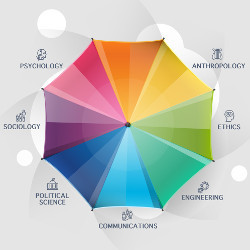
This article argues [that] the well-publicized social ills of computing will not go away simply by integrating ethics instruction or codes of conduct into computing curricula. The remedy to these ills instead lies less in philosophy and more in fields…

Published before global movement drew largely to a halt, before the majority of the earth's human population was shut indoors and before words like "virus" and "pandemic" proliferated, this curated collection is today far more than timely.
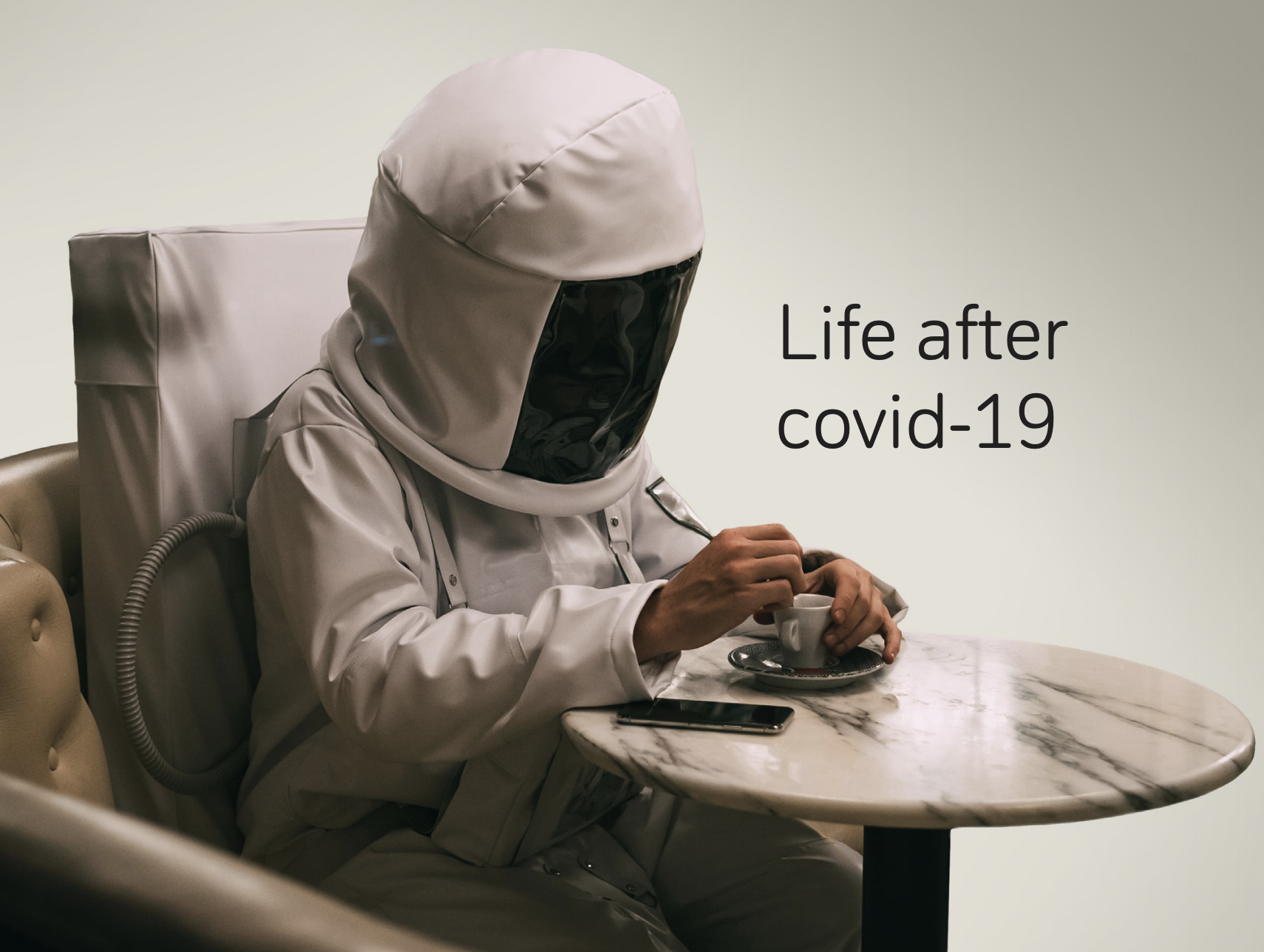
It will take years to recover from covid-19. This edition of Konzept, the online magazine of Deutsche Bank Research, analyses the many different ways in which the world will be different and outlines options to deal with the most difficult challenges our societies and economies now face.
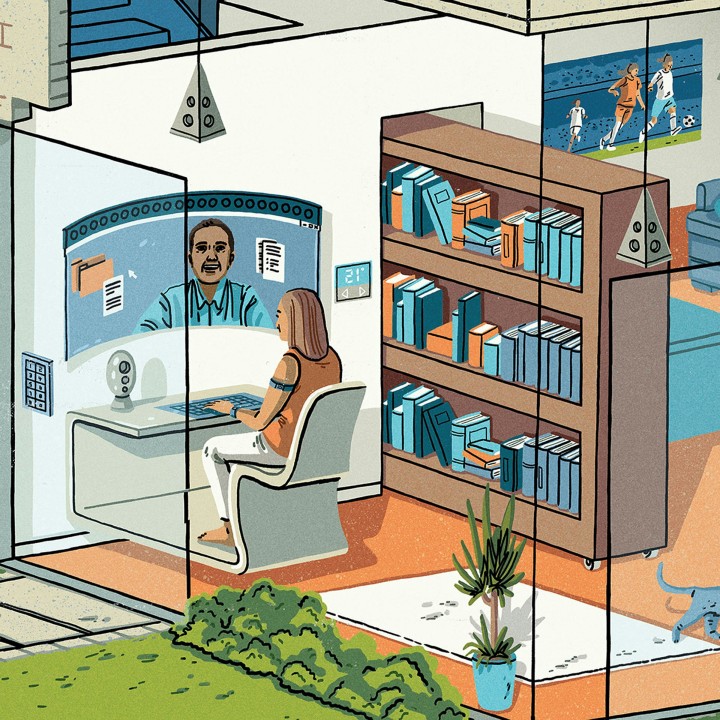
Vitra, the German manufacturing company, published this week a "set of hypotheses" on the future of the home, as living spaces are pushed to the limits.




















